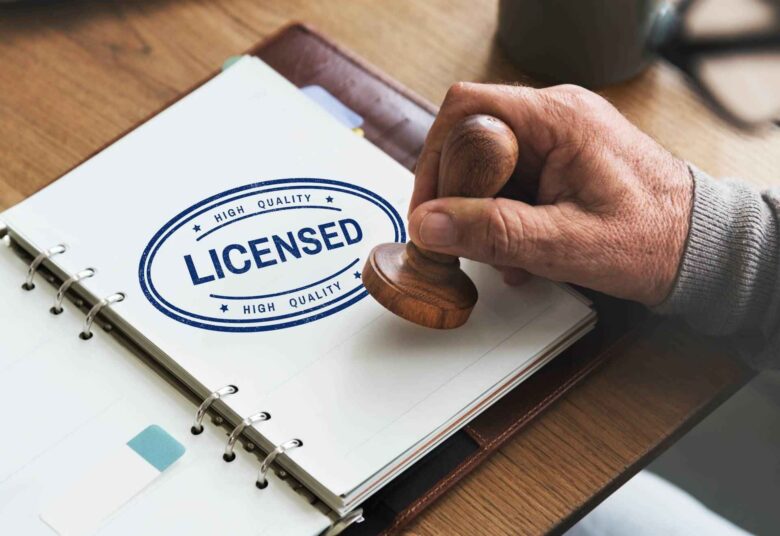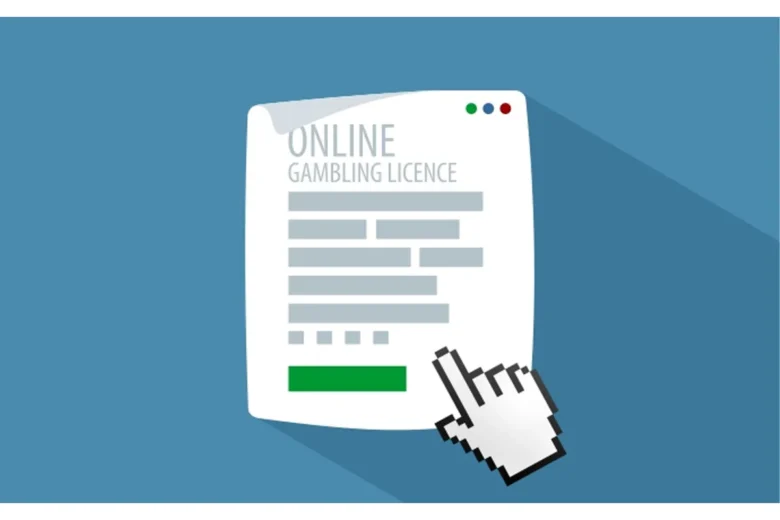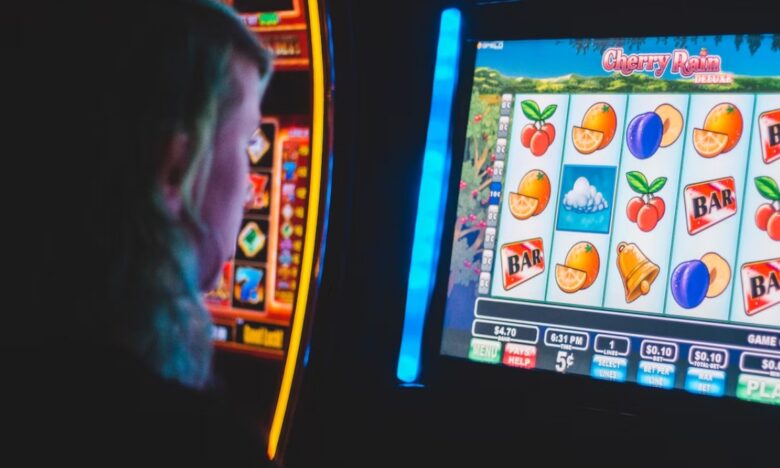With more and more people turning to online gambling, it is crucial for players to know which online casinos are fully licensed and regulated. Proper licensing ensures that the casino meets certain standards and provides fair and secure gaming for players. This article will provide an overview of online casino licensing, including the types of licenses, different licensing authorities, criteria for licensing, and other regulation aspects.
Contents
Types of Licenses
There are two main types of licenses that online casinos can obtain: local licenses and international licenses. If you’re looking for Trusted Online Casinos Canada, you should know which type of documentation they have. Here is an overview of local and international licenses.

Source: sigma.world
Local Licenses
Local licenses are obtained from the country where the online casino is based. These licenses are typically more difficult to obtain and have more stringent requirements than international licenses. The reason for this is that local gambling authorities have more knowledge and, thus, can spot rogue casinos trying to obtain licenses.
Local licenses require extensive auditing for compliance and security and typically impose higher taxes on operators. Interested operators must go through rigorous evaluations which include background checks on the individuals that lead the company, the company’s financial stability, as well as the technical and procedural aspects of the casino.
In the past, many players preferred to gamble at casinos holding local licenses only. Some countries like Germany or Poland even enforced legal regulations to restrict players’ access to foreign online casinos, which made local licenses the only legal option. However, this has changed in recent years, as international licenses have become more common.
International Licenses
International licenses are often easier to obtain and can be used in multiple jurisdictions. While international licenses may not have the same level of scrutiny as local licenses, they are still considered reputable and trusted within the online gambling industry. The laws and regulations in such authorities may vary, however, these authorities offer confidence that licensees obtain sufficient scrutiny for their business to be considered reliable.

Source: europeangaming.eu
Licensing Authorities
Different licensing authorities exist around the world, and each has its own set of regulations. Here are some of the most reputable and well-known license providers around the world.
Malta Gaming Authority
The Malta Gaming Authority is the most popular choice for online casinos and is renowned for its stringent regulations. The licensing process is comprehensive, and the requirements are stringent. The authority is known for taking action against any online casino that is in breach of its regulations.
The purpose of the authority is to ensure player protection, responsible gaming, and prevent any wrongdoing in the industry. An online casino must undergo several steps before being granted a license, which include background checks of the owners, audits, and regular compliance checks. The authority also enforces penalties such as fines or revocation of a license for non-compliant casinos.

Source: workingnotworking.com
UK Gambling Commission
The UK Gambling Commission is responsible for regulating all online casinos in the UK. The commission is known for its high standards, and the licensing process is quite rigorous.
The UK Gambling Commission was established in 2007, and its purpose is to protect players from unscrupulous operators, prevent gambling from being a source of crime, and ensure that gambling is conducted in a fair and open way. The commission has the power to grant and revoke licenses, collect taxes, impose sanctions for non-compliance, and investigate gambling-related crimes.
Curaçao eGaming
Curaçao eGaming is one of the most popular licensing authorities for online casinos. It offers a relatively simple licensing process and attractive tax rates. However, some industry insiders feel that Curaçao eGaming does not offer enough oversight to ensure proper regulation of online casinos.
Online casinos licensed in Curaçao can operate worldwide, except for countries that have restricted online gambling. While the licensing process is relatively simple, casinos need to follow strict regulations to maintain their licenses, including fair game testing and player protection measures.
Other Licensing Authorities
Aside from the authorities mentioned above, several other licensing bodies are thriving, such as the Gibraltar Betting and Gaming Association, the Isle of Man Gambling Supervision Commission, and the Kahnawake Gaming Commission. Each of these authorities has rigorous licensing processes and helps to ensure that online casinos meet certain standards.

Source: unsplash.com
Criteria for Licensing
The criteria that online casinos must meet to obtain a license vary according to the licensing authority. However, some common requirements include:
Security
Online casinos must have adequate security measures in place to protect players’ personal and financial information. This typically includes SSL encryption technology and secure payment methods. It is also essential to ensure that the games available at the casino cannot be easily rigged.
Fairness
Online casinos must use a random number generator (RNG) to ensure that all games are fair and not rigged. Games must be regularly audited to ensure their RNGs are functioning properly. To ensure fair play for players, most licensing authorities require that an independent testing agency is hired to review all games offered. These tests must verify that the games’ outcomes are random and that the casino is not manipulating the results.

Source: sbcamericas.com
Responsible Gambling
Online casinos must have responsible gambling measures in place to ensure that players are not developing gambling addictions or gambling beyond their means. This may include setting deposit limits, offering self-exclusion options, and providing other resources for problem gamblers. To encourage responsible gambling in the industry, many licensing authorities require that casinos address responsible gambling measures in detail in their license application.
Other Regulation Aspects
Aside from licensing, online casinos may be subject to other regulations and laws. These may include anti-money laundering regulations and data protection regulations, which restrict the collection and use of personal information on players. Digital casinos also need to be aware of their tax obligations, both in their home country and in the jurisdictions where they offer their services, like gambling tax or value-added tax.
In addition to ensuring that online casinos meet certain standards, the role of other enforcement organizations like eCOGRA (eCommerce Online Gaming Regulation and Assurance) is vital. This regulatory authority tests and analyses sites individually to evaluate their security, fairness, and responsible gambling practices. Players and operators should look for casinos that display eCOGRA’s “Safe and Fair” seal to ensure that the casino meets high standards of transparency.

Source: themerkle.com
Conclusion
Online casino licensing is a critical part of the online gambling industry. Players should gamble only at online casinos that have obtained proper licenses from reputable authorities. The importance of licensing is to ensure that the online casino meets certain standards in terms of security, fairness, and responsible gambling. While each licensing authority has its set of regulations, common requirements include security measures, RNGs, and responsible gambling practices.
